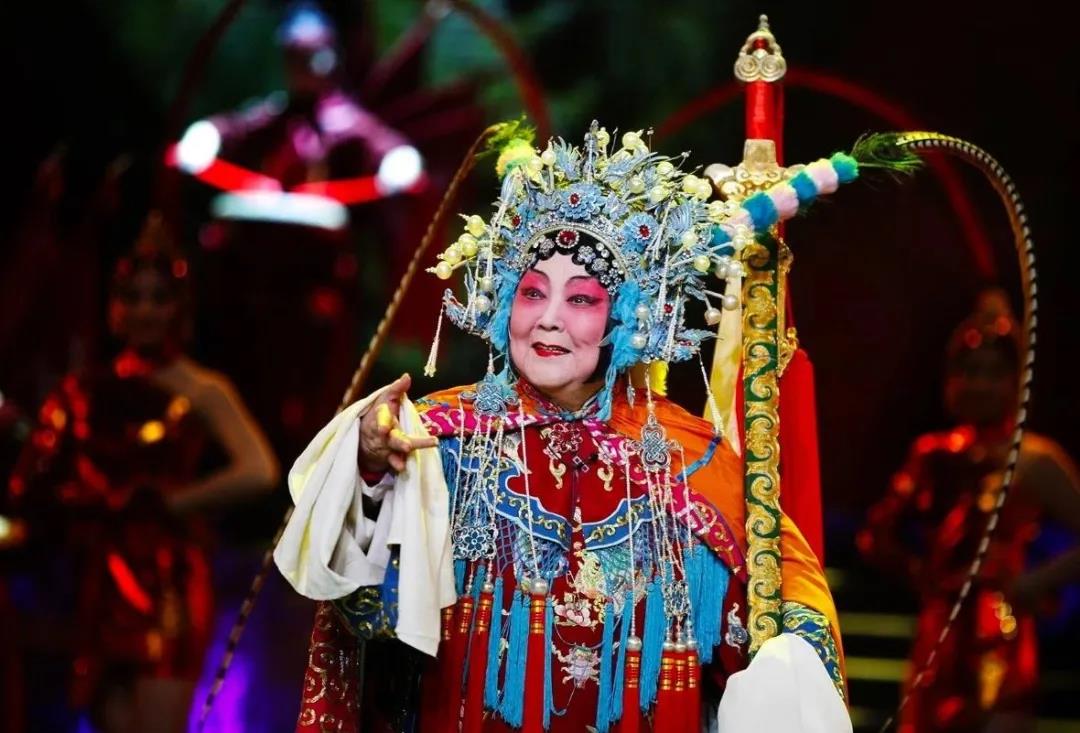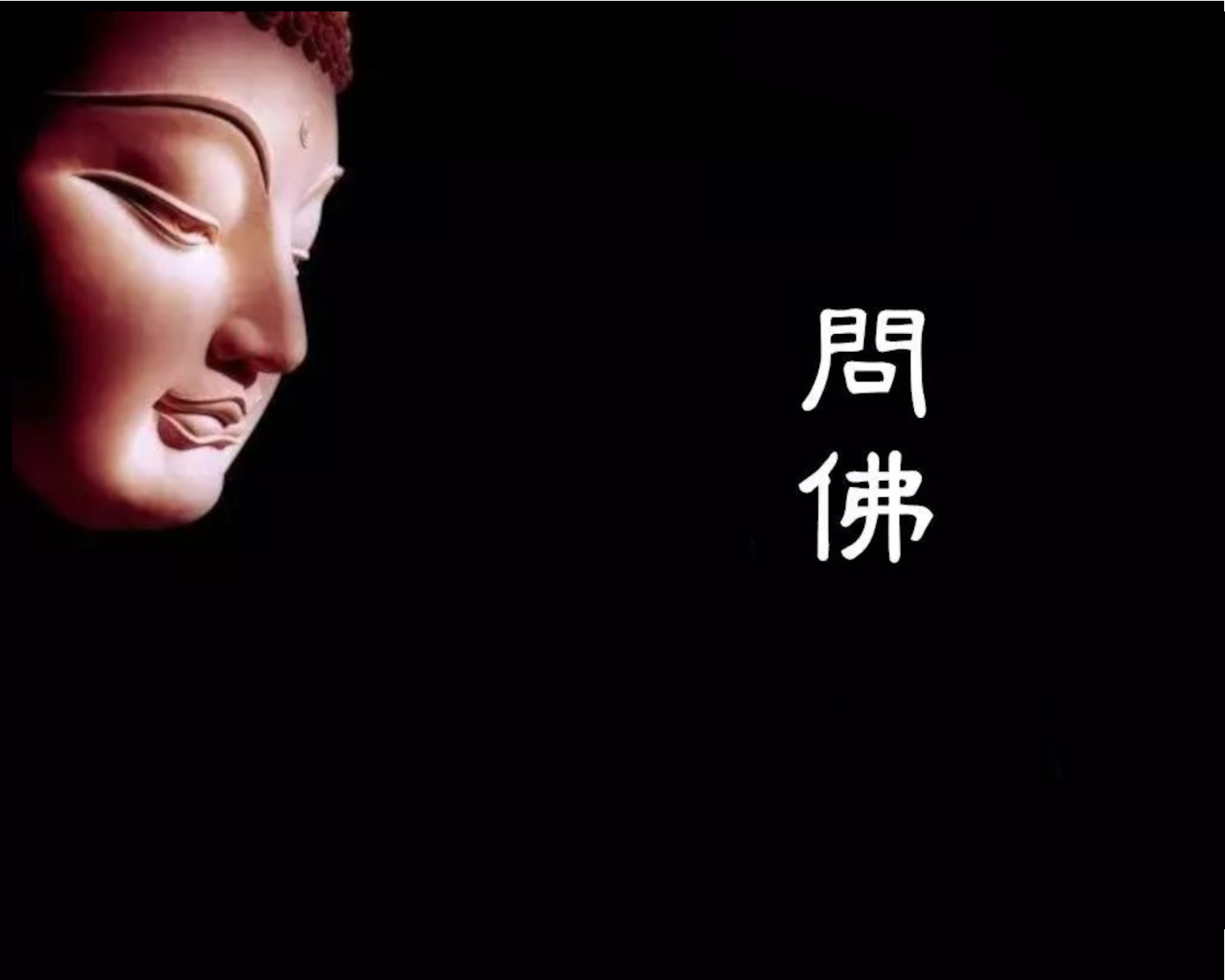




1 新长征路上的摇滚 2 不再掩饰 3 让我睡个好觉 4 花房姑娘 5 假行僧 6 从头再来 7 出走 8 一无所有 9 不是我不明白

Dominio de Pingus is a Spanish winery located in Quintanilla de Onésimo in Valladolid province with vineyards in La Horra area of the Ribera del Duero region. The estate's flagship wine, Pingus, is considered a "cult wine", sold at extremely high prices while remaining very inaccessible,[1][2] and commands an average price of $811 per bottle.[3]
The winery also produces a second wine, Flor de Pingus, and a special cuvée, Ribera del Duero "Amelia". Recently, Dominio de Pingus has founded a joint project with local grape producers to make an old vine tempranillo called "PSI".
Dominio de Pingus was established in 1995 by Danish oenologist Peter Sisseck, also manager of the Pesquera de Duero estate Hacienda Monasterio.[4] On the estate's winemaking philosophies, Sisseck has stated, "The vines in my plots are very old. They have never been fertilised nor treated with pesticides and all grow following the traditional en vaso system. They are perfect."[4]
About the first 1995 vintage of Pingus, Robert Parker declared, "One of the greatest and most exciting wines I have ever tasted".[5] With a very limited first vintage production, only 325 cases were made with prices initially set at US$200 per bottle, it became yet more scarce when in November 1997 the ship transporting a U.S. bound shipment of 75 cases disappeared somewhere off the Azores in the North Atlantic Ocean.[6] The shipwreck resulted in a dramatic reaction in the US market, with prices soon rising to $495 per bottle.[5][6]
At the Ronda WineCreator conference of April 2008, Sisseck was angered by suggestions by Decanter editor Guy Woodward that some winemakers make wines to suit the palates of certain critics. In response he called Woodward's remarks arrogant for implying winemakers do not have their own opinions, adding, "I don't even think it is possible to do this."[7]
In 2007 it was announced that the Spanish government had approved plans to expand highway roads through the vineyards of Dominio de Pingus and other wineries, which was met with strong opposition by Sisseck who called it a "vengeful measure".[8]
Planted with very old vines of Tinto Fino, i.e. Tempranillo, the vineyards are 2.5 hectares (6.2 acres) in Barrosso with vines exceeding 65 years and 1.5 hectares (3.7 acres) in San Cristobal with vines older than 70 years, and the unusually low average yield of 12 hL per hectare. Since 2000, the viticulture has been biodynamic. Of the annual production of Pingus there is typically less than 500 cases, though in poor vintages no Pingus is made.
The production of the second wine Flor de Pingus, also 100% Tempranillo, is made with fruit from rented vineyards in the La Horra zone, with vines older than 35 years. Since the 2005 vintage, the viticulture has been biodynamic. The annual production is on average 4,000 cases.
Additionally there has been the single barrel cuvée, Ribera del Duero "Amelia", made from a vineyard parcel of 100+ year old vines with an average yield of 10 hL per hectare, with biodynamic viticulture since its initial 2003 vintage. The 2005 vintage had a production of 25 cases.
"PSI" is a joint project based on fruit produced by local grape growers from old tempranillo vines. The goal is to help grape producers and save old vines. Project was founded in 2006, first vintage was 2007. Grape growers are encouraged to employ biodynamic or organic vineyard management practices. The wine is made by Peter Sisseck and Pablo Rubio and sold under producer name Bodegas y Viñedos Alnardo. Vinification takes place in large concrete vats and aging in concrete and wooden tanks and oak barrels. Production of PSI 2009 was 9,600 cases, PSI 2010 was 16,600 cases.






不要问 不要说
一切尽在不言中
这一刻 偎着烛光
让我们静静地度过
莫挥手 莫回头
当我唱起这首歌
怕只怕 泪水轻轻地滑落
愿心中 永远留着我的笑容
伴你走过每一个春夏秋冬
几许愁 几许忧
人生难免苦与痛
失去过
才能真正懂得去珍惜和拥有
情难舍 人难留
今朝一别各西东
冷和热 点点滴滴在心头
愿心中 永远留着我的笑容
伴你走过每一个春夏秋冬
伤离别 离别虽然在眼前
说再见 再见不会太遥远
若有缘 有缘就能期待明天
你和我重逢在灿烂的季节
伤离别 离别虽然在眼前
说再见 再见不会太遥远
若有缘 有缘就能期待明天
你和我重逢在灿烂的季节
若有缘 有缘就能期待明天
你和我重逢在灿烂的季节
不要问 不要说
一切尽在不言中
这一刻 偎着烛光
让我们静静地度过
莫挥手 莫回头
当我唱起这首歌
愿心中留着笑容
陪你度过每个春夏秋冬

谁能参透世间因果
驱散藏在心中的魔
人间名利谁能淡薄
放下一切平凡的过
缘来缘去人生几何
大千世间多少过客
是福是祸谁能躲得过
看透轮回的舍与得
问一问佛 谁来渡我
谁又能把红尘看破
看透世间事 看清对与错
净化心灵种下善果
问一问佛 谁来渡我
化做佛前莲花一朵
放下杂念事 参悟般若
参破世间生死苦与乐
缘来缘去人生几何
大千世间多少过客
是福是祸谁能躲得过
看透轮回的舍与得
问一问佛 谁来渡我
谁又能把红尘看破
看透世间事 看清对与错
净化心灵种下善果
问一问佛 谁来渡我
化做佛前莲花一朵
放下杂念事 参悟般若
参破世间生死苦与乐
放下杂念事 参悟般若
参破世间生死苦与乐




牵住你的手相别在黄鹤楼
波涛万里长江水送你下扬州
真情伴你走春色为你留
二十四桥明月夜牵挂在扬州
扬州城有没有我这样的好朋友
扬州城有没有人为你分担忧和愁
扬州城有没有我这样的知心人
扬州城有没有人和你风雨同舟
烟花三月是折不断的柳
梦里江南是喝不完的酒
等到那孤帆远影碧空尽
才知道思念总比那西湖瘦


鼓聲起 大戰上 勁揪總有你
叫喊裡 為勝利 氣焰打不死
懷著致勝 信念和力氣
披著熱血 進襲綠茵草陂
來吧唱 來吧跳 來吧勇氣運氣
比數扭轉 歡呼要躍起
Come on the game on!
We Are Hong Kong!
Victory and Glory!
Fighting for Hong Kong!
鼓聲起 大戰上 勁揪總有你
叫喊裡 為勝利 氣焰打不死
懷著致勝信念和力氣
披著熱血 進襲綠茵草陂
來吧唱 來吧跳 來吧勇氣運氣
比數扭轉 歡呼要躍起
Come on the game on!
We Are Hong Kong!
Victory and Glory!
Fighting for Hong Kong!
Come on the game on!
We Are Hong Kong!
Victory and Glory!
Fighting for Hong Kong!
Come on the game on!
We Are Hong Kong!
Victory and Glory!
Fighting for Hong Kong!












